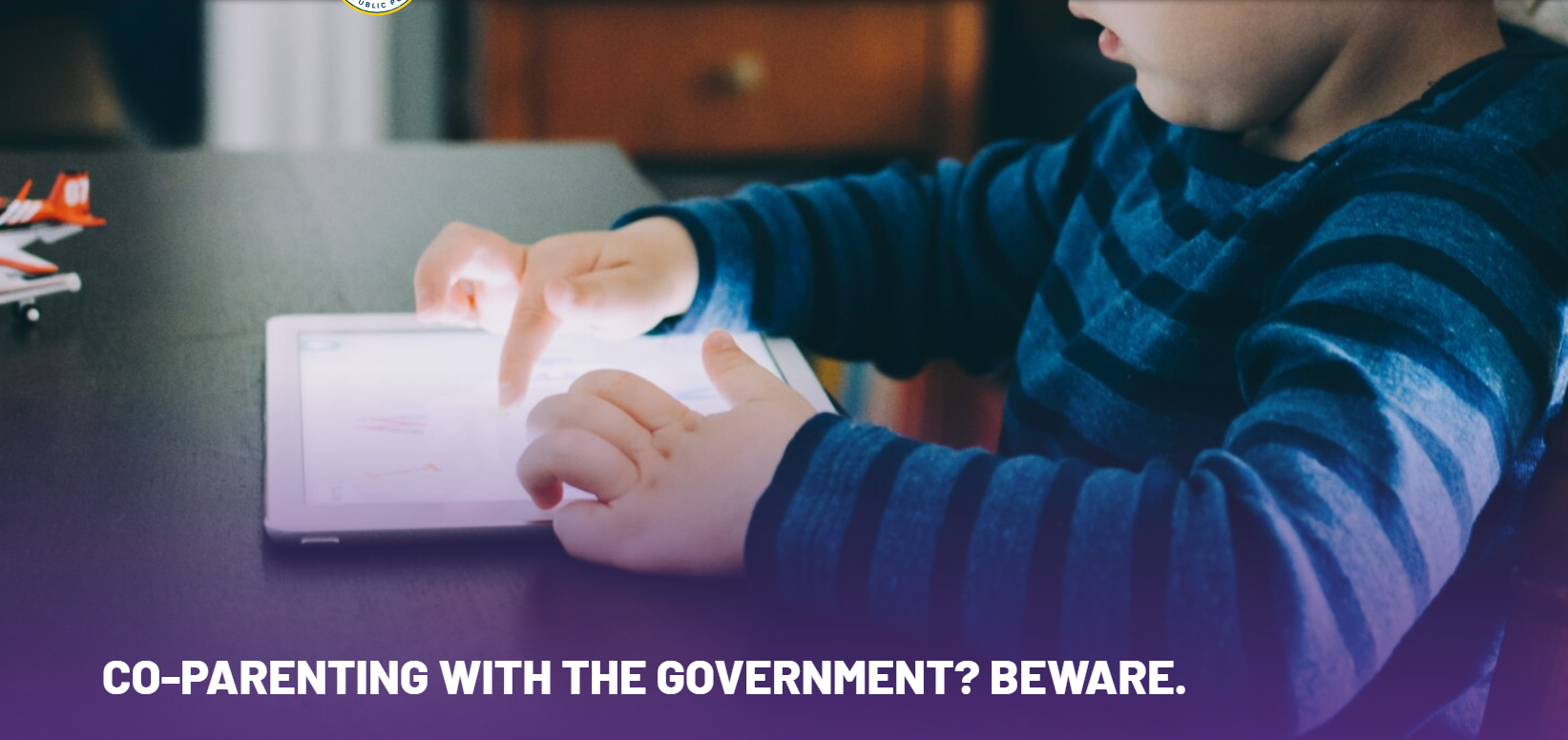|
The mental health of preteens and teenagers across America has been a growing concern as suicide remains the third highest cause of their deaths. The causes of suicide are largely unknown and complex.
Some point to the decline of the family structure, with fewer two-parent households, more parents working full-time, and subsequently more kids spending less time with family. Others tie the cause to fewer Americans actively practicing religion and raising their children to lean on their faith in times of stress and uncertainty. And then there are those who blame social media and other interactive digital services, where minors are increasingly spending their time. Whichever cause is contributing to the problem of suicides by teens is a serious one, worthy of research and solutions. A growing number of state lawmakers have introduced legislation aimed at curbing the use of social media and other interactive digital services by minors. Those bills often require age verification, nullify online contracts entered into between minors and companies offering those services, establish curfews when minors are prohibited from using them, and authorize private rights of action where individuals can sue companies and be awarded damages. But it has not been established that social media – this thing that youth have quickly embraced and mastered, but many older adults don’t like or are still trying to figure out – is indeed the biggest problem. If it is, then which specific aspects or activities are most problematic and how can they be isolated to address them? Instead of getting to the root causes, those who suspect it’s bad or believe that it’s at least a contributor to mental health challenges are throwing the kitchen sink at it, seemingly overlooking the practical implications of increased regulation and the dangers of inviting government to co-parent. Take, for example, age verification requirements. Proponents say these requirements exist only for minors, but in order to prove that one isn’t a minor, all users must provide their personal information to the social media company or its third-party provider, which matches the information against official government records. It’s not like a person attempting to buy beer or cigarettes at the grocery store, where a cashier must “card” those who appear to be underage. When accessing the Internet on a computer, cell phone, or other electronic device, the only way for a person to prove that he or she isn’t a minor is to go through the entire age verification process…for every single program or service he or she uses. And this would apply to every user in the state. Some argue that the risks to minors justify these burdensome new requirements, but when adults suddenly begin having to provide their personal information to access multiple online programs they’ve used for years (and not knowing where that personal information will be stored, how will it be used, whether it will be shared, and more) and then find out why, expect lots of angry phone calls to lawmakers’ offices. This brings up a number of other questions that should be answered. Whose job is it to monitor and, if necessary, restrict minors’ access to technology in the first place? Is it the role of government to set curfews or establish limitations for the activities of minors in the home and/or while under the supervision of a parent or legal guardian? Should parents, schools, or others bear the responsibility of educating minors about the appropriate uses of technology, the Internet, and social media? Is enough being done to establish healthy behavior patterns and warn against the dangers of overuse, bullying, inappropriate contact, and engaging with strangers? If not, shouldn’t we start there before introducing government restrictions? Also, could overregulation by the government lead to unintended consequences such as kids losing access to educational and other positive materials? Could it lead to them being denied the opportunity to connect and socialize with peers, family members, and others around the world who their parents know and trust, all because the government makes giving them access so burdensome? Is government really prepared to restrict citizens’ access to one of the greatest innovations, sources of knowledge, and enablers of human interaction made available in our lifetime? And for social media programs and interactive digital services offered across the globe, how will companies comply with potentially dozens of rules and regulations that differ from state to state? Is that even possible, and should the rules differ for Louisianans than for people living in Texas, Arkansas, and Mississippi? Rather than throwing the kitchen sink at it with bigger government, let’s be thoughtful about the best ways to address the needs of young people and their families while ensuring that solutions will actually work, are workable, and don’t trade individual liberties for more government. We’ve tried that too many times before, and the results aren’t good. Originally published with Erin Bendily, Ph.D., at Pelican Institute for Public Policy.
0 Comments
Leave a Reply. |
Vance Ginn, Ph.D.
|


 RSS Feed
RSS Feed